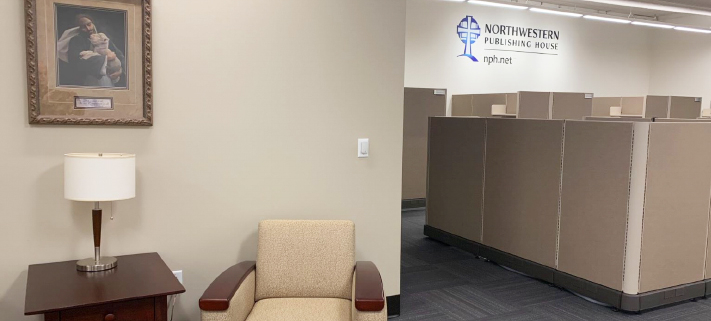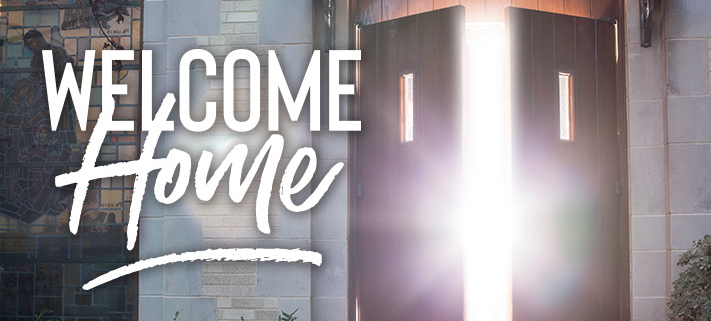Moments with missionaries: Hendersonville, North Carolina
Paul E. Zell
I was practicing my sermon on a recent Sunday morning when I got a phone call. Doris* wanted to confirm what time the service was. “I can’t come to church today, Pastor. I’ve got a family commitment. But I’ll be there next Sunday for sure.” I vaguely recalled meeting Doris when Ron and I were out canvassing. She and I had talked in her driveway for so long that Ron was wondering what had happened to me. But how long ago had that conversation taken place? I had to scroll back a bit through my calendar . . . ten weeks!
It takes a while.
Keith* and his wife, Shawn*, brought their eight-year-old son, Bryce*, to our soccer camp in June. Each sweltering afternoon they would find refuge under a shade tree, keeping an eye on Bryce and chatting with the church members who were prepping snacks and handing out water. The three of them came to our worship service at the end of the week. We never saw them again. Not until the first Sunday in January, when they came to worship a second time—six and a half months later!
Few folks seem to be in a hurry to get connected to a church.
I stopped at Jean’s front door three days after she attended a worship service with her niece Terrie. The conversation was pleasant and brief. I gave her a “welcome gift” and was on my way. That seemingly was the end of Jean’s interest in what we have to offer. Until there she was, sitting next to her niece and worshiping with us on Christmas Eve—ten months later!
What is it that keeps individuals from responding more quickly to our invitations? I suppose I could spin all sorts of theories. Experts have offered their own well-researched explanations as well. But it’s hard to get beyond the unholy trinity so often referenced by Luther. People are slow to respond to our visits and encouragements because they are constantly being delayed by the devil, the world, and their own sinful flesh.
I don’t want to respond to this phenomenon with cynicism or become callous to it or even accept it as inevitable. I would rather commit myself and my members to a more aggressive follow-up schedule. In addition, Jesus invites me to pray frequently on behalf of these blood-bought souls. Mostly, however, I want to be mindful that even the Son of God himself found his most frequent listeners to be “slow to believe” (Luke 24:25). If Jesus’ ministry is the model for outreach, then why should I ever be discouraged when people take their time responding to my church’s outreach ministry?
I’m pleased to announce that after her ten-week delay, Doris actually did worship with us the following Sunday. And starting that first Sunday in January, Keith, Shawn, and Bryce haven’t missed a Sunday. They’re already signed up for the next “Foundations” class. And Jean was confirmed on Palm Sunday and is now a communicant member at our church.
What do you think? Someday should I ask each of them why it took them so long? Nah! I’d rather keep telling them how grateful I am that our church can serve them with the gospel of our merciful, patient, long-suffering Savior and of the timeless life he’s won for them and for me.
Paul Zell is a home missionary at Living Savior, Asheville/Hendersonville, North Carolina.
*Names have been changed.
SUBMIT YOUR STORY
Do you have a manuscript, idea, or story from your own life you’d like to share for use in Forward in Christ or on wels.net? Use our online form to share it to our editorial office for consideration.
SUBSCRIBE TO FORWARD IN CHRIST
Get inspirational stories, spiritual help, and synod news from Forward in Christ every month. Print and digital subscriptions are available from Northwestern Publishing House.
Author: Paul E. Zell
Volume 106, Number 6
Issue: June 2019
Copyrighted by WELS Forward in Christ © 2021
Forward in Christ grants permission for any original article (not a reprint) to be printed for use in a WELS church, school, or organization, provided that it is distributed free and indicate Forward in Christ as the source. Images may not be reproduced except in the context of its article. Contact us







